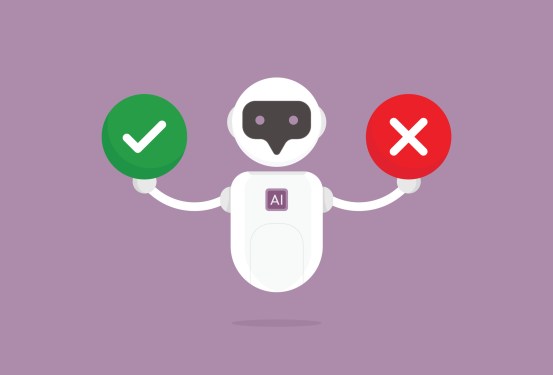AI SpeechMap: Unveiling the Truth Behind Controversial Chatbot Responses

In a bid to evaluate how AI chatbots navigate sensitive subjects, a developer known as “xlr8harder” has introduced the innovative platform SpeechMap. This tool aims to scrutinize the responses of various AI models, including OpenAI’s ChatGPT and X’s Grok, to controversial prompts surrounding political discourse, civil rights, and more.
The rising criticism against AI models, particularly regarding their perceived biases, has led to a concerted effort by developers to refine how these technologies address contentious issues. Supporters of former President Donald Trump have voiced concerns about AI chatbots suppressing conservative viewpoints, labeling them as overly ‘woke.’ Although these claims have largely gone unaddressed by AI companies, initiatives like SpeechMap are stepping in to expose the discrepancies in how AI models respond to politically charged content.
As AI companies have adjusted their models to foster more neutral responses, SpeechMap serves as an independent evaluator of these changes. The platform analyzes responses to test prompts, assessing whether AI models give evasive answers or outright decline to respond altogether. Notably, it has revealed trends such as OpenAI’s gradual retreat from answering political prompts, while xAI’s Grok 3 claims to welcome more controversial questions, boasting a compliance rate significantly higher than the global average.
OpenAI’s latest models, while slightly more permissive than previous iterations, still exhibit a notable reluctance to tackle sensitive topics. The developers at OpenAI have indicated a commitment to presenting multiple perspectives on heated issues, striving to strike a balance between neutrality and engagement.
Conversely, Grok 3, developed by Elon Musk’s xAI, is characterized by its willingness to address questions that fall into the realms of edginess and controversy. Musk’s vision for Grok has always included an unapologetic approach to challenging subjects, which SpeechMap illustrates through its comparative data.
The implications of these findings are significant in shaping public discourse about AI. With contributors like xlr8harder advocating for transparency and accountability in AI responses, the need for open discussions about the morality and impact of these technologies can’t be overstated. Ultimately, SpeechMap provides a compelling lens into how different AI platforms confront—or evade—controversial dialogue.
